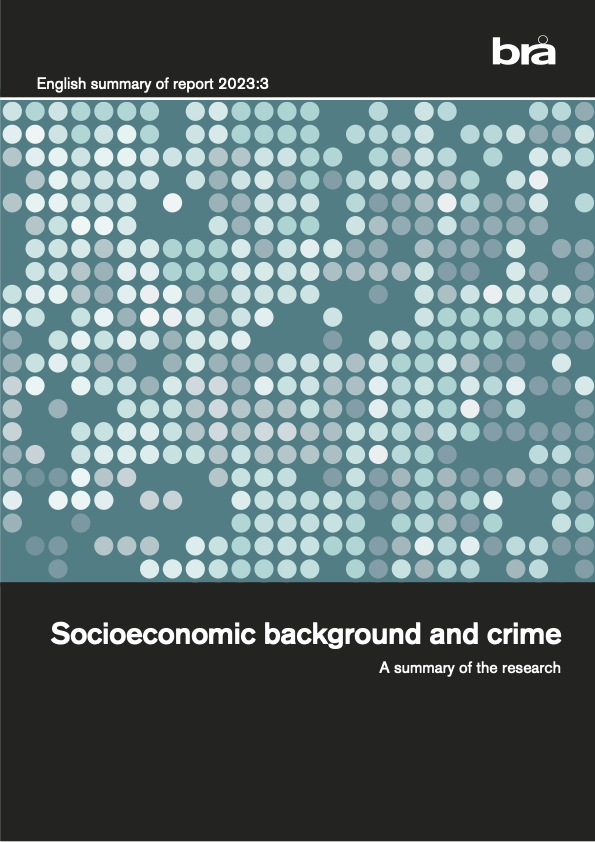By Ariana Markowitz
This research explores how urban violence intersects with mass atrocities to establish identity-based mass violence (IBMV) in cities as a cross-disciplinary field of scholarship and practice. Cities affect mass violence in three main ways. First, cities offer places and reasons to gather. Second, neighborhoods, mobility infrastructure, utility systems, and other city spaces can be read as proxies for specific groups of people. Third, violence can be both a cause and a symptom of urbanization, a uniquely urban process by definition, such that urbanization can be one way to mortally wound a city. Scholars and practitioners working to prevent urban violence and the atrocity prevention community have more that unites than divides them, and preventing urban atrocities requires the active engagement of them all. Nine case studies of IBMV from Srebrenica, Bosnia and Herzegovina; Mazar-i Sharif, Afghanistan; Kaduna, Nigeria; San Salvador, El Salvador; Nairobi, Kenya; Flint, Michigan, USA; Aleppo, Syria; Ciudad Juárez, Mexico; and Jerusalem, Israel, illustrate the multiplicity of forms that such violence can take. The cases aid in the development of a typology of urban atrocities, a tool to identify potential risk and protective factors. An overall finding is that the local context and the built environment were salient for efforts to prevent mass violence. This was especially true where the city (1) was an enclave or was divided into enclaves, (2) had a place of encounter where groups in conflict were likely to cross paths, or (3) experienced a recent political shock. Attackers sought to dehumanize their victims as often as they sought to kill them and were most likely to define their victims based on religion. Given the prevalence of cases that featured enclaves, places of encounter, and recent political shocks, we mapped out how these values related to all other values and compared those results to the overall frequency analysis, revealing relationships that differed from what the overall frequency analysis would have predicted. Taken together, the cases shed light on four pivotal questions for preventing urban atrocities: – How does structural violence contribute to both acute and chronic mass violence in cities? – How does scaling atrocity prevention to the city affect the Responsibility to Protect? – How can municipal actors be better recognized, resourced, and empowered? – How can city residents and institutions work in partnership to take inclusive steps toward justice and healing? The analysis discusses urban vulnerability to lethal and especially nonlethal violence and unpacks the perils and possibilities of external involvement. By acknowledging the challenges to effective local peacebuilding while celebrating successful initiatives, this report establishes common ground between atrocity prevention and urban violence prevention, identifying five strategies to sustain and strengthen cities, their inhabitants, and the communities of scholarship and practice that support them. This research thus champions the fundamental role that cities play in reducing risk, building sustainable peace, and enabling community transformation. The report advocates for using urban space for justice and healing, learning from local peacebuilders, working with formal and informal actors and tools, identifying models of urban violence prevention practices, and committing to an inclusive ethics of care
Muscatine, IA: The Stanley Center for Peace and Security, and Impact Partnere, 2020; 35p.








